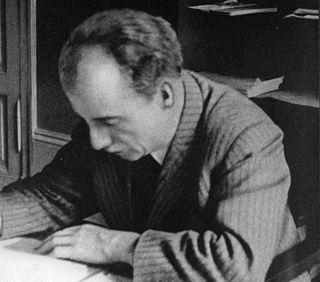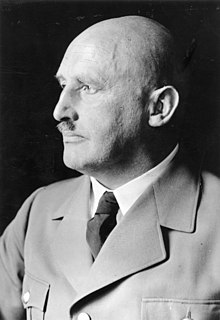A Quote by Adolf Hitler
The phrase, 'Emancipation of Women' is only an invention of the Jewish intellect and its content is stamped with the same spirit. In the really good periods of German life the German woman never needed to emancipate herself.
Related Quotes
My grandmother was German. She didn't teach any of her children German. She really wanted them to be American. And now, she's since passed away, I get so frustrated sometimes. I'm like, "Oh, Oma, why didn't you teach your kids German?" My dad would have spoken German to me from birth, and I would have spoken German.
Only a handful of Germans in the Reich had the slightest conception of the eternal and merciless struggle for the German language, German schools, and a German way of life. Only today, when the same deplorable misery is forced on many millions of Germans from the Reich, who under foreign rule dream of their common fatherland and strive, amid their longing, at least to preserve their holy right to their mother tongue, do wider circles understand what it means to be forced to fight for one's nationality.
Developments since the rise of National Socialism make it probable that the continent will be freed from its Jewish destroyers of people and exploiters forever, and the German example after the German victory in World War II will also serve to bring about the destruction of the Jewish world tormentors on other continents.
My father read Günter Grass. He introduced me to German literature. I believe the first book I read by a German author was from Grass. After that, Thomas Mann accompanied me for a few years during my literature studies. I tried again and again to read the original German text, but I never really succeeded.











































